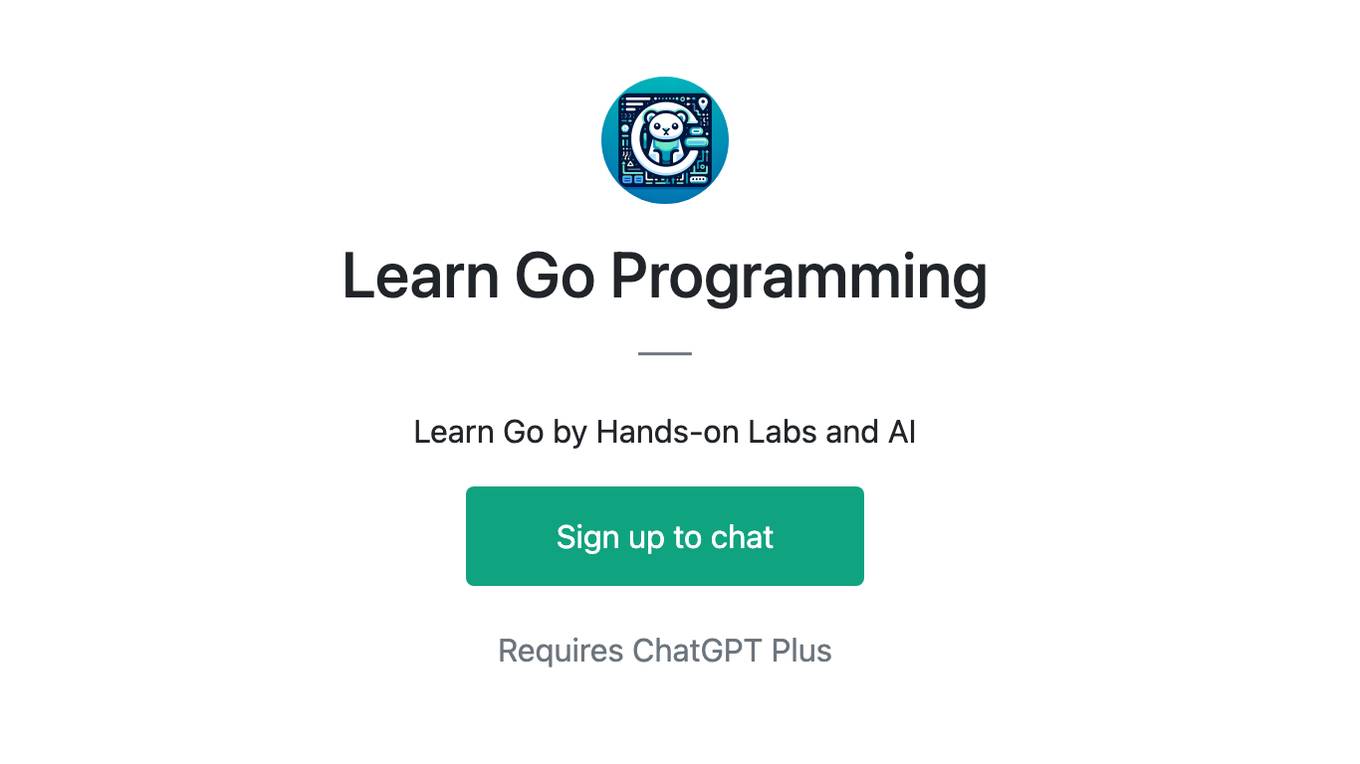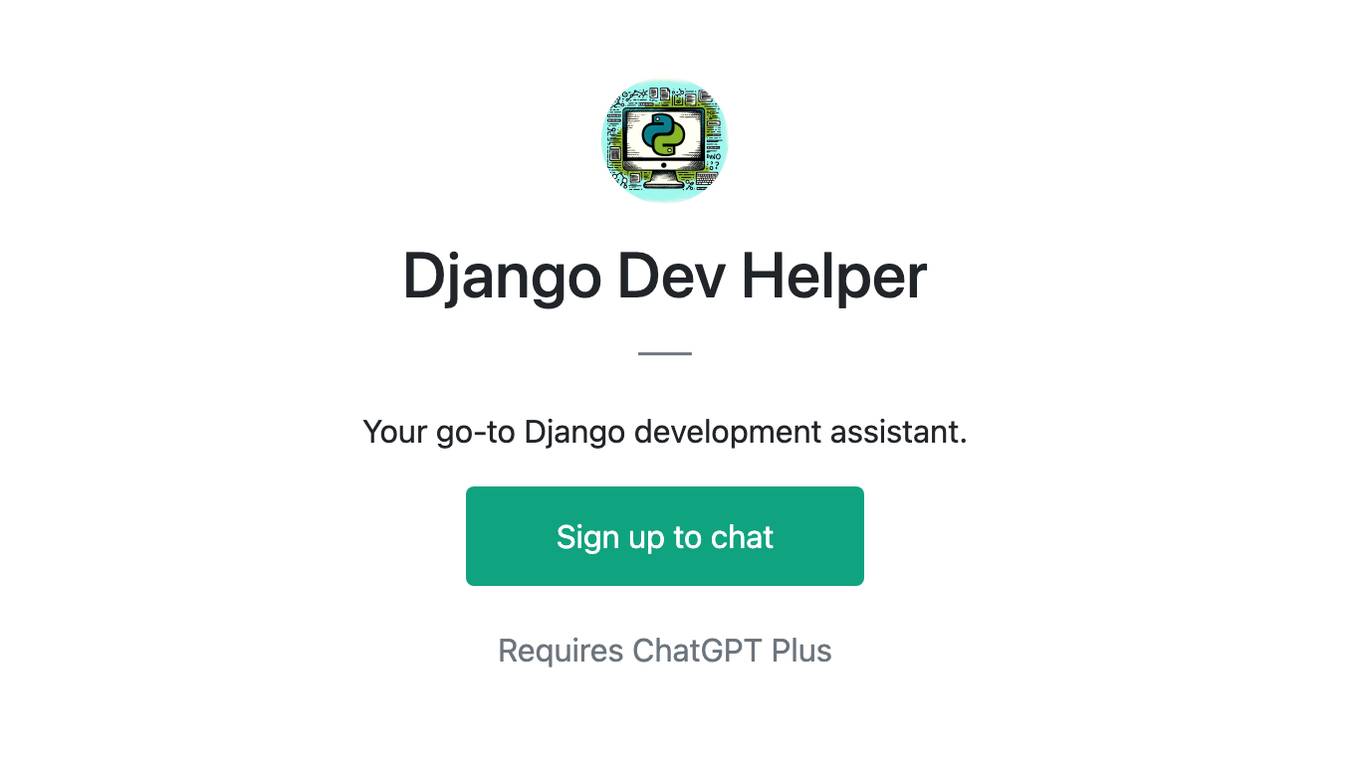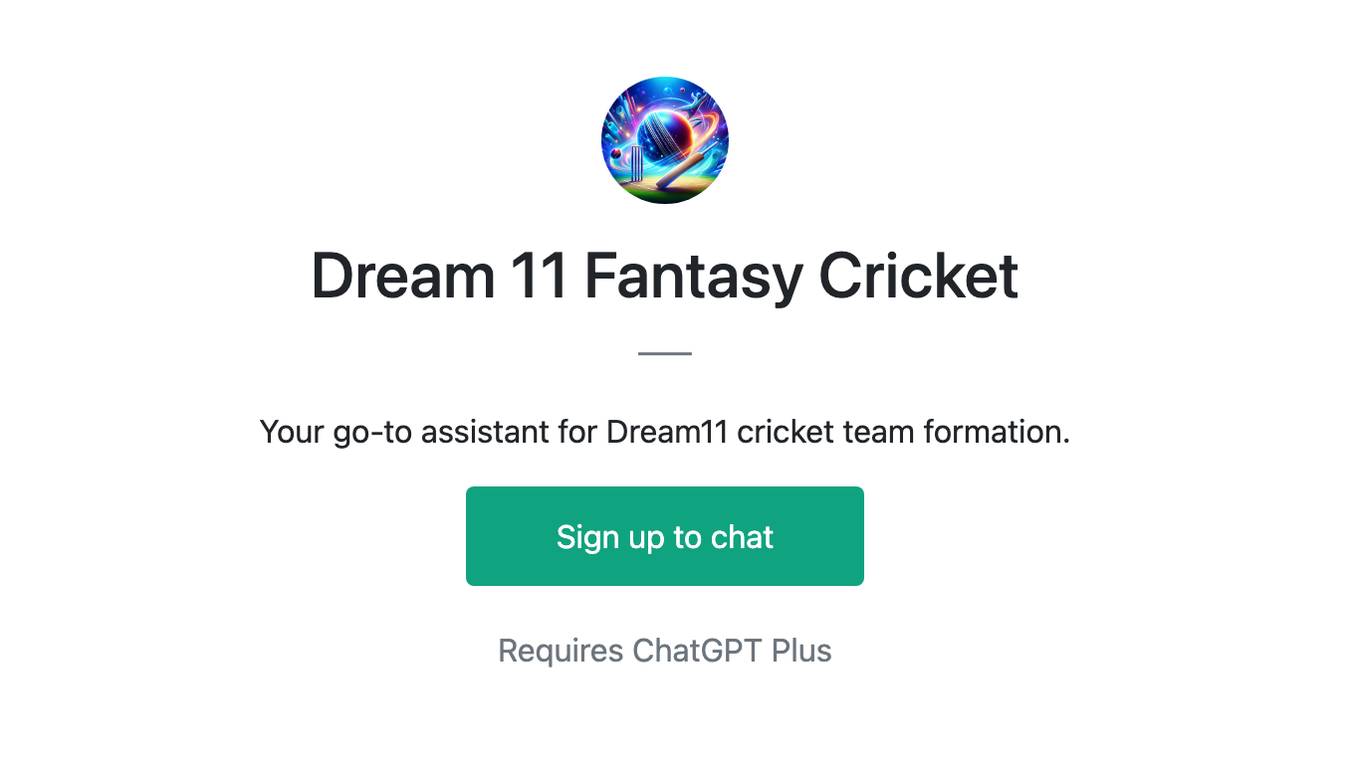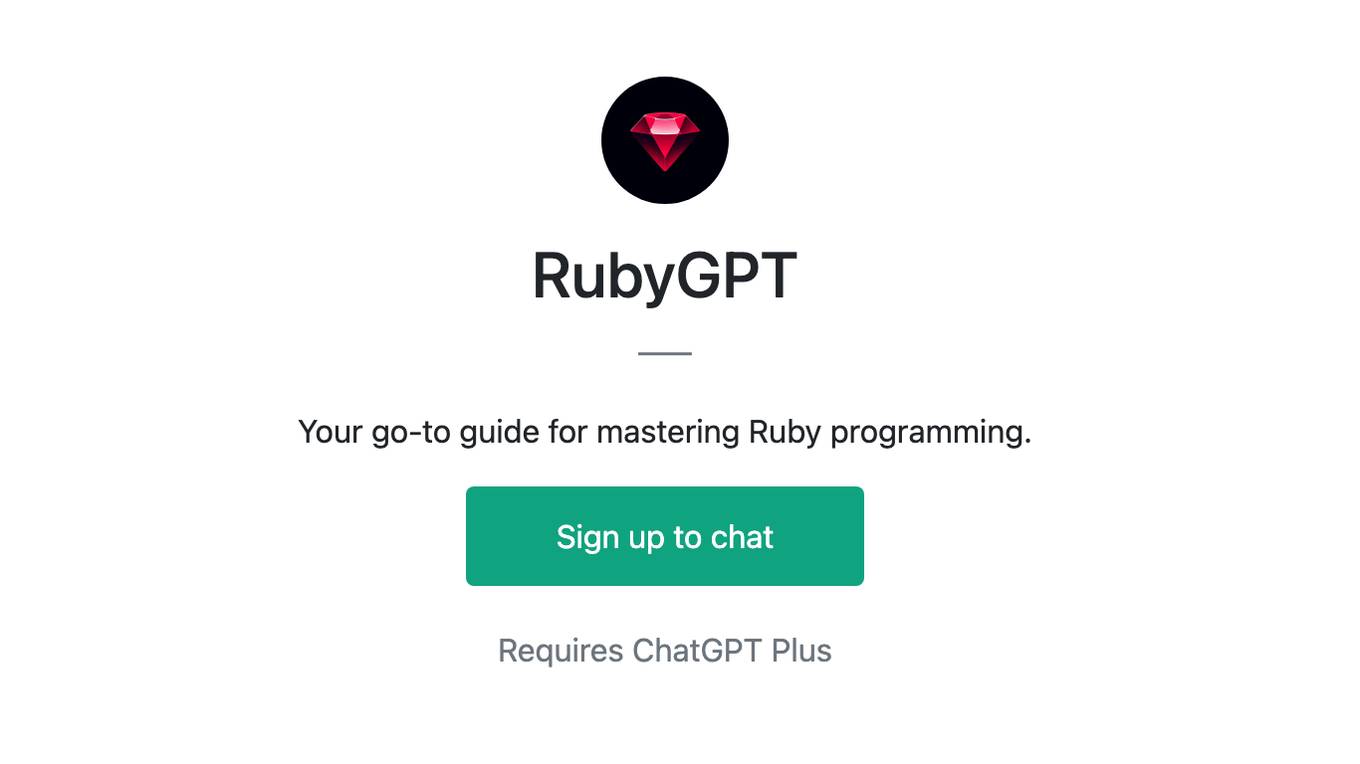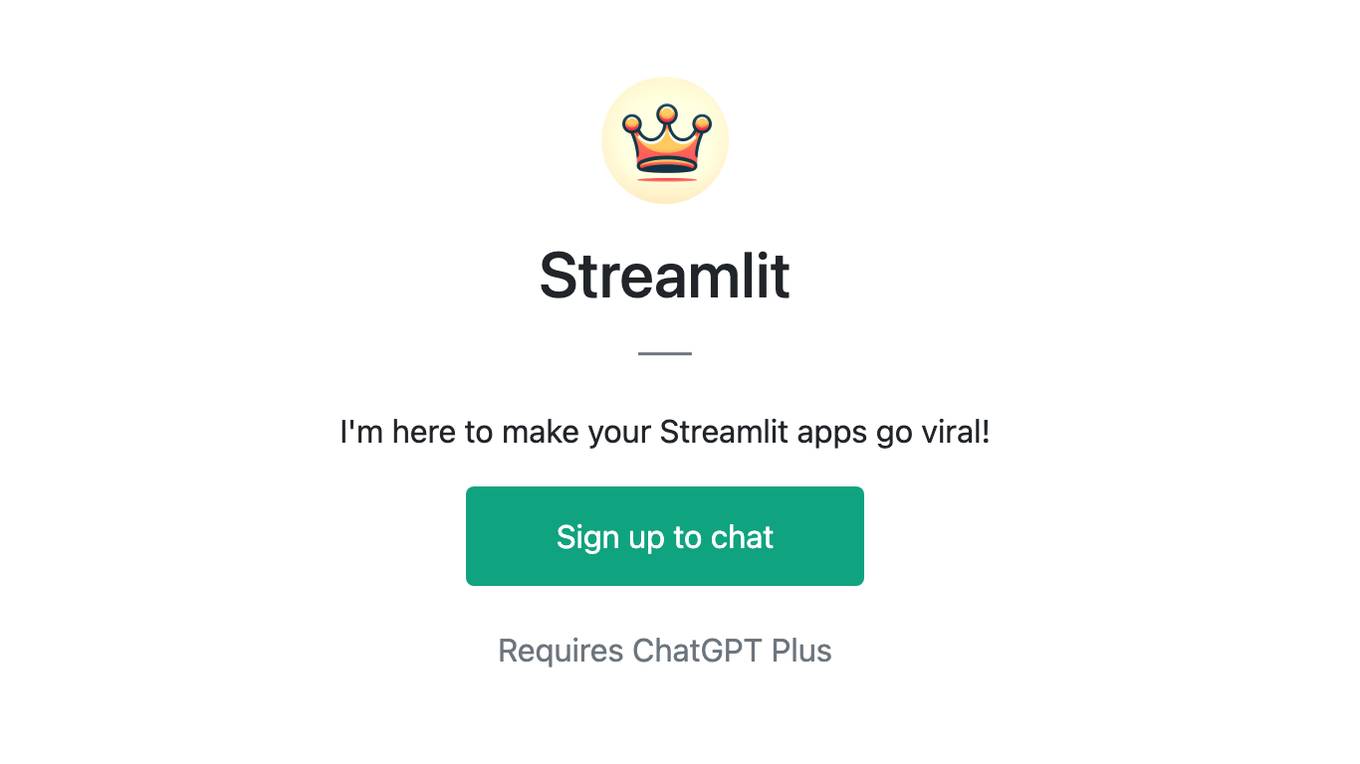Best AI tools for< Go Software Engineer >
Infographic
20 - AI tool Sites
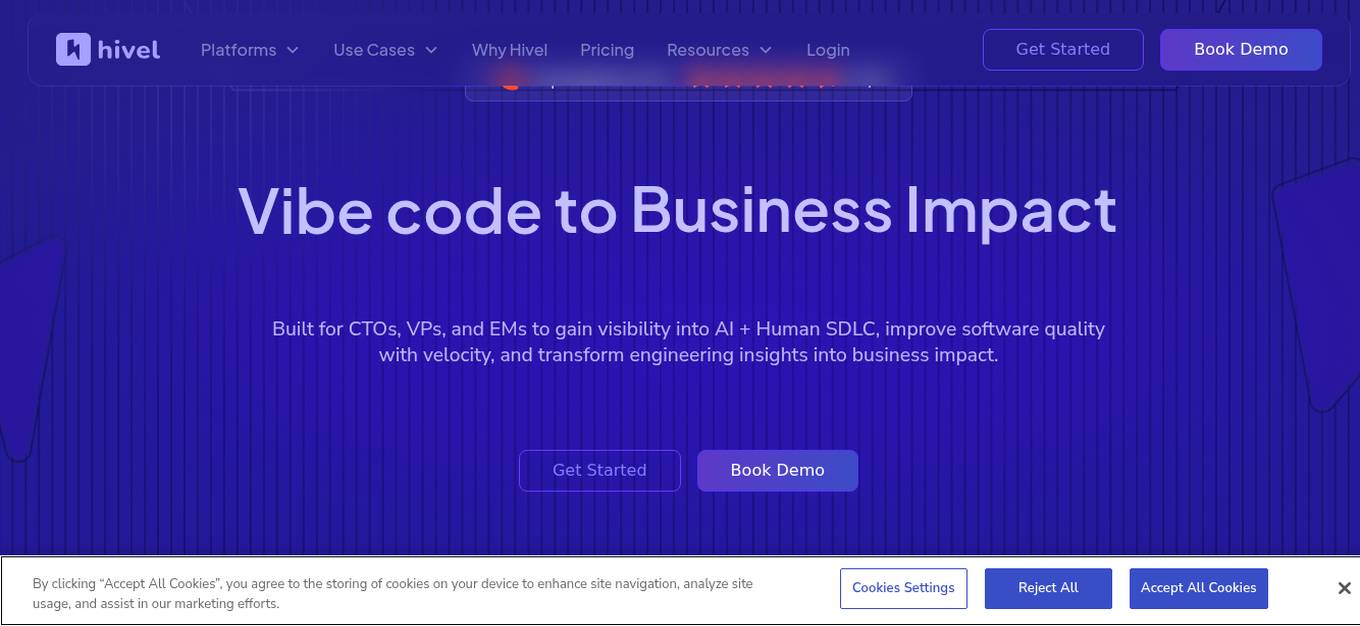
Hivel
Hivel is a Software Engineering Analytics Platform designed to provide actionable insights and metrics for engineering teams. It offers features such as AI Code Review Agent, DORA Metrics, Investment Profile, SPACE Metrics, and more. Hivel helps users measure the impact of AI adoption, analyze engineering data, and improve software quality with velocity. The platform is trusted by users and awarded by G2 Platforms for its excellence in analytics and code review. With a focus on AI-driven engineering, Hivel aims to empower teams to achieve balance, efficiency, and excellence in their software development lifecycle.

BugFree.ai
BugFree.ai is an AI-powered platform designed to help users practice system design and behavior interviews, similar to Leetcode. The platform offers a range of features to assist users in preparing for technical interviews, including mock interviews, real-time feedback, and personalized study plans. With BugFree.ai, users can improve their problem-solving skills and gain confidence in tackling complex interview questions.
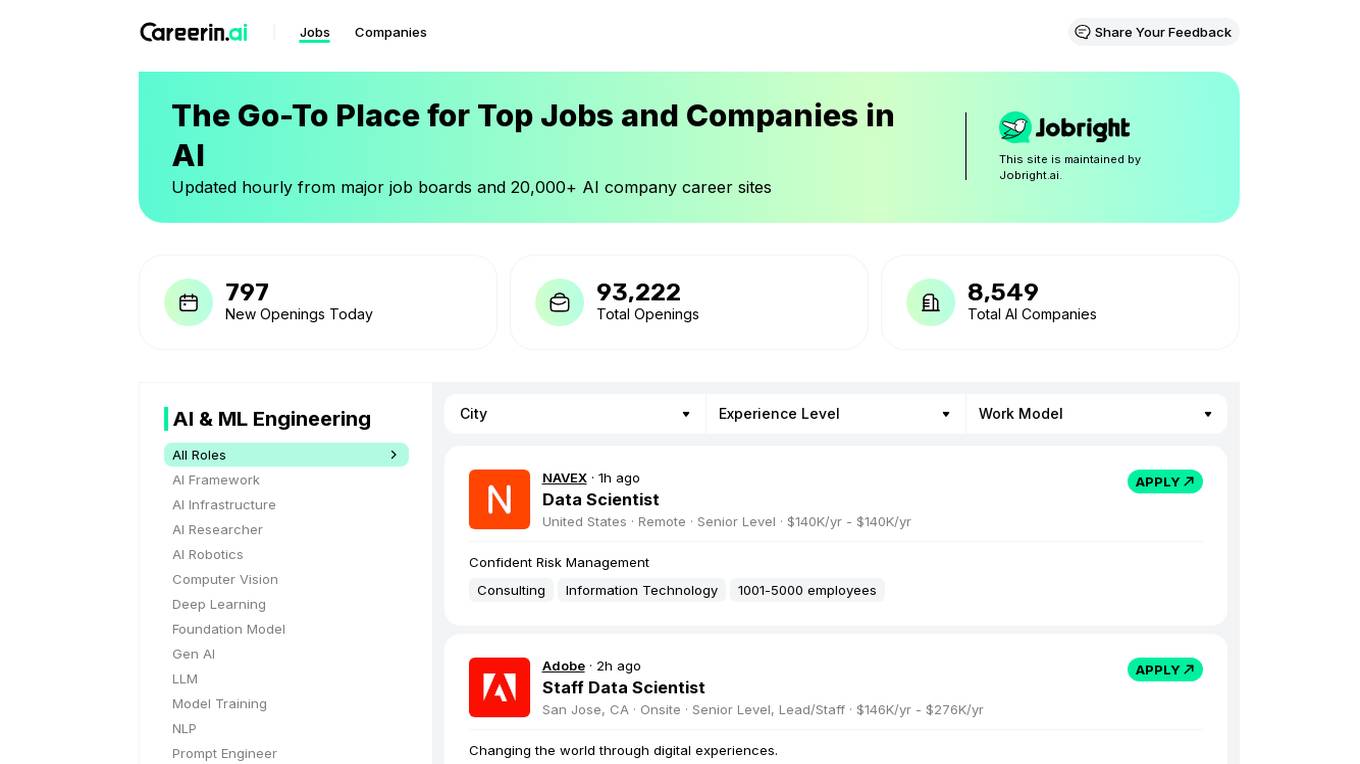
Jobright.ai
Jobright.ai is a comprehensive platform that serves as the go-to place for top AI and ML jobs and companies. It provides real-time listings from major job boards and over 20,000 AI company career sites. The site is updated hourly, offering insights into various roles within the AI industry, including AI & ML engineering, AI framework, AI infrastructure, AI researcher, AI robotics, computer vision, deep learning, and more. Jobright.ai is maintained by Jobright.ai and features a wide range of job openings and AI companies for job seekers and professionals in the field.
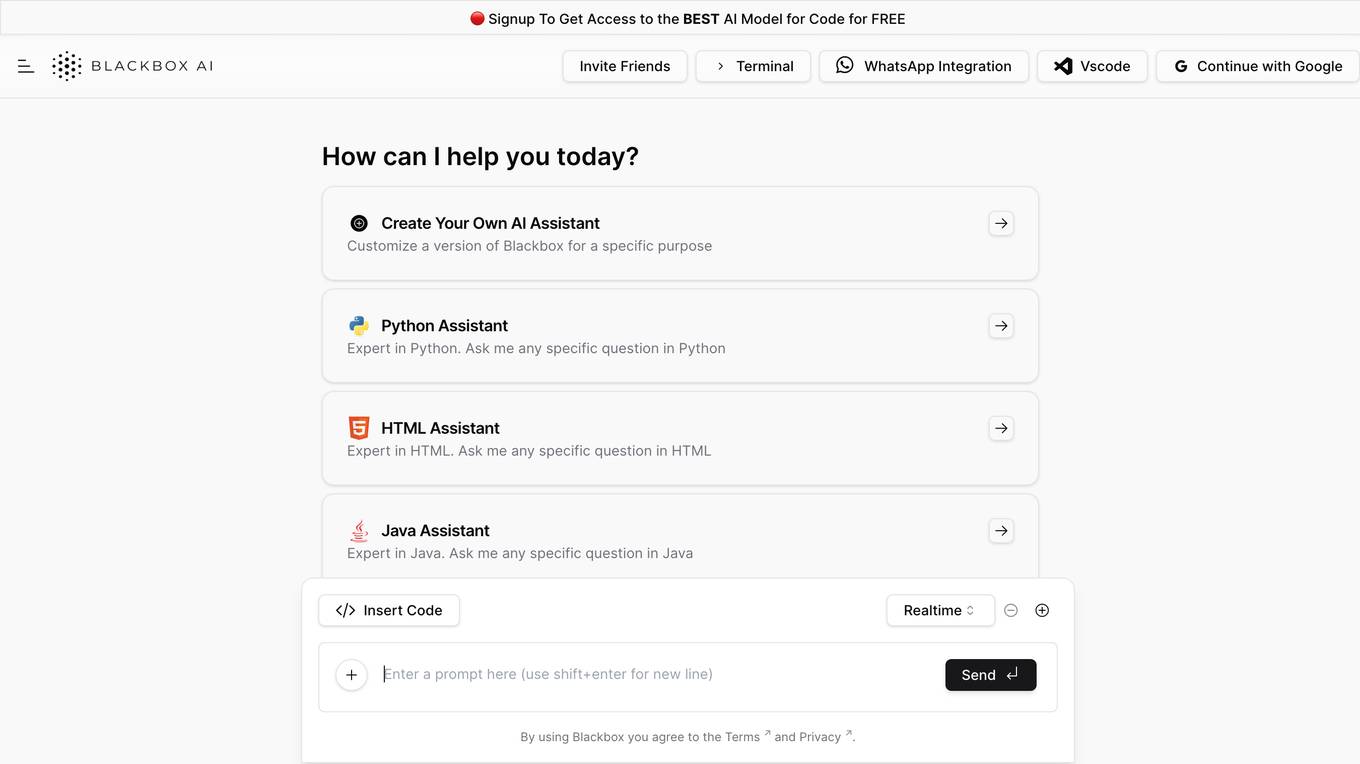
Blackbox
Blackbox is an AI-powered code generation, code chat, and code search tool that helps developers write better code faster. With Blackbox, you can generate code snippets, chat with an AI assistant about code, and search for code examples from a massive database.
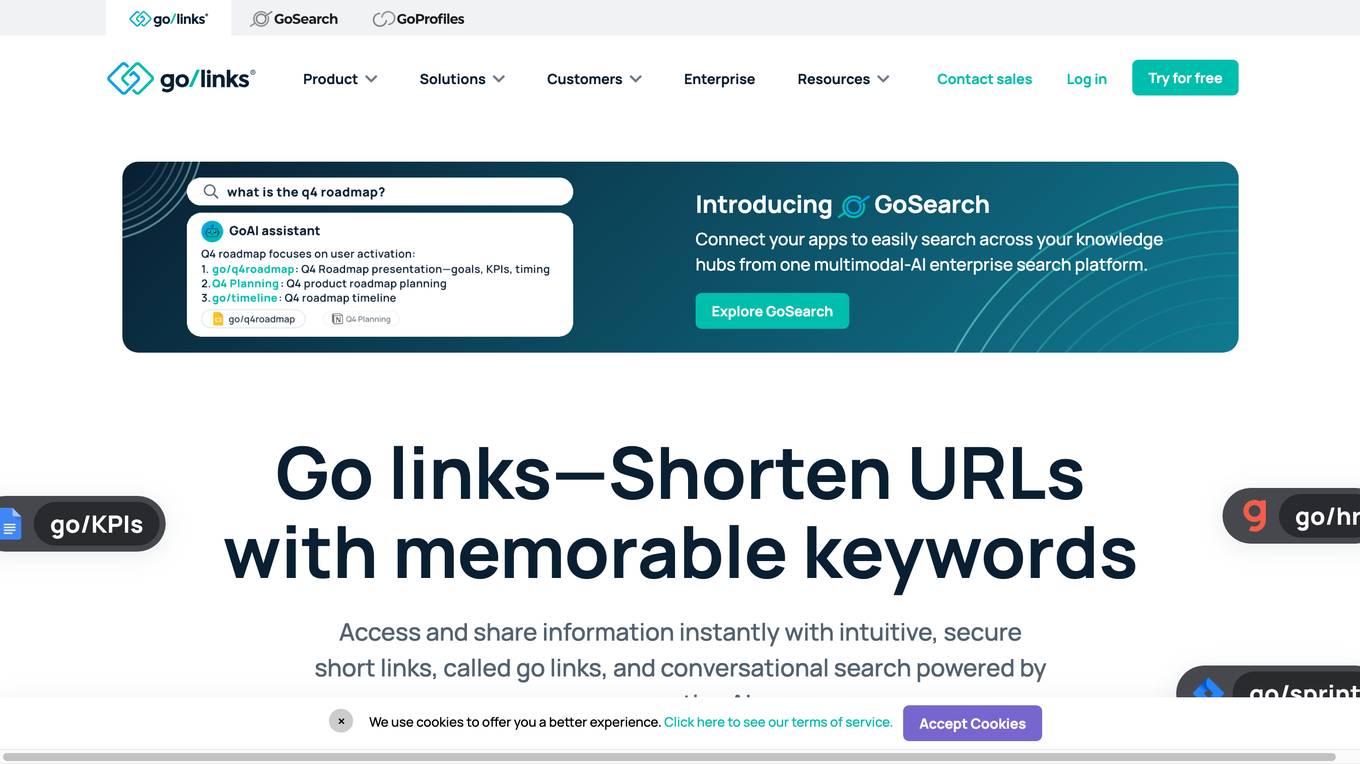
GoLinks®
GoLinks® is an AI-driven platform that offers instant access to internal knowledge through short links. It empowers teams to retrieve and share information quickly, improving collaboration and productivity. The platform transforms long URLs into memorable short links, integrates with favorite apps, and provides AI-powered resource search. GoLinks® offers features like collections, tags, AI-powered suggestions, mobile apps, usage trends, analytics, API & webhooks, QR codes, and more. It is designed to streamline workplace communication and knowledge sharing.

Smaty.xyz
Smaty.xyz is a comprehensive platform that provides a suite of tools for code generation and security auditing. With Smaty.xyz, developers can quickly and easily generate high-quality code in multiple programming languages, ensuring consistency and reducing development time. Additionally, Smaty.xyz offers robust security auditing capabilities, enabling developers to identify and address vulnerabilities in their code, mitigating risks and enhancing the overall security of their applications.
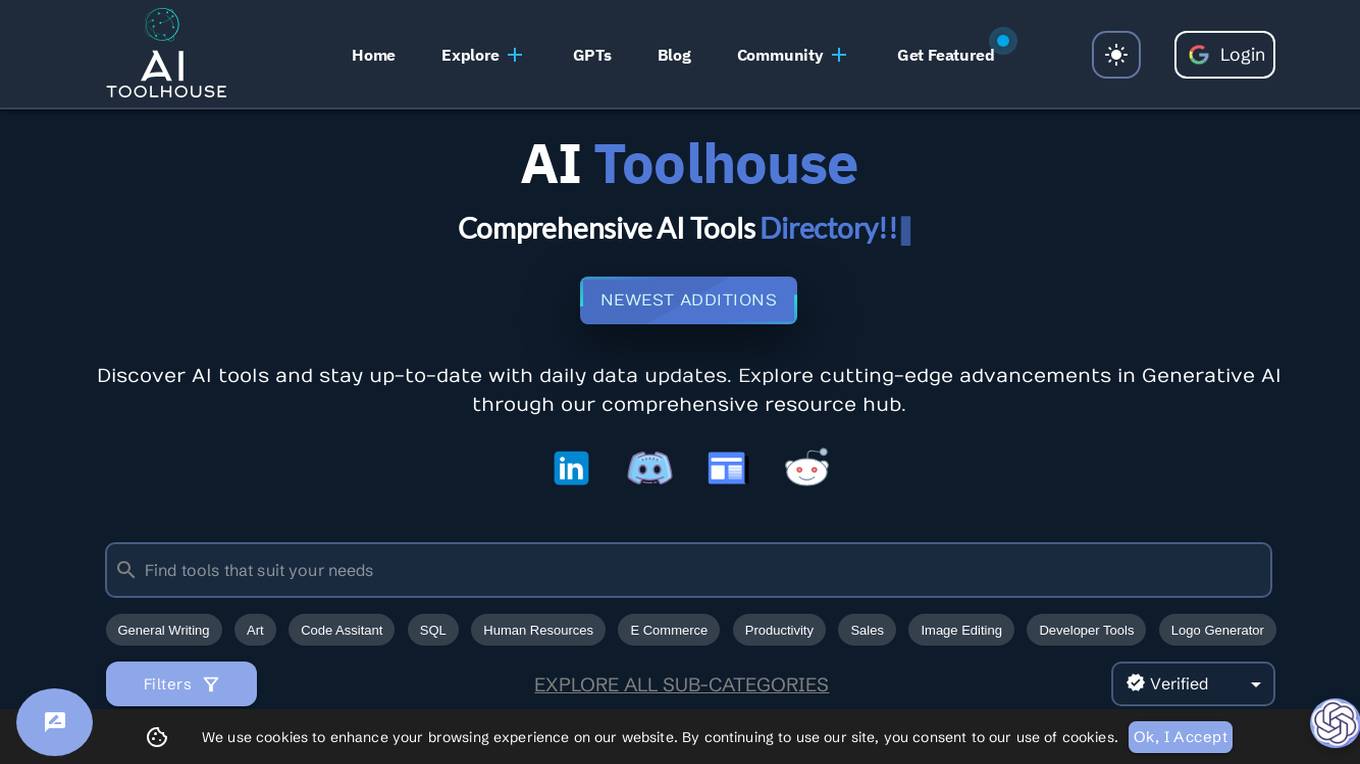
AI Toolhouse
AI Toolhouse is a comprehensive AI tools catalog and directory that allows users to explore various categories of AI tools and Generative AI advancements. Users can discover the newest additions, stay updated with daily data updates, and access cutting-edge resources in areas such as General Writing, Art, Code Assistant, SQL, Human Resources, E-Commerce, Productivity, Sales, Image Editing, and Developer Tools. The platform offers a wide range of verified filters to help users find the most suitable tools for their needs.
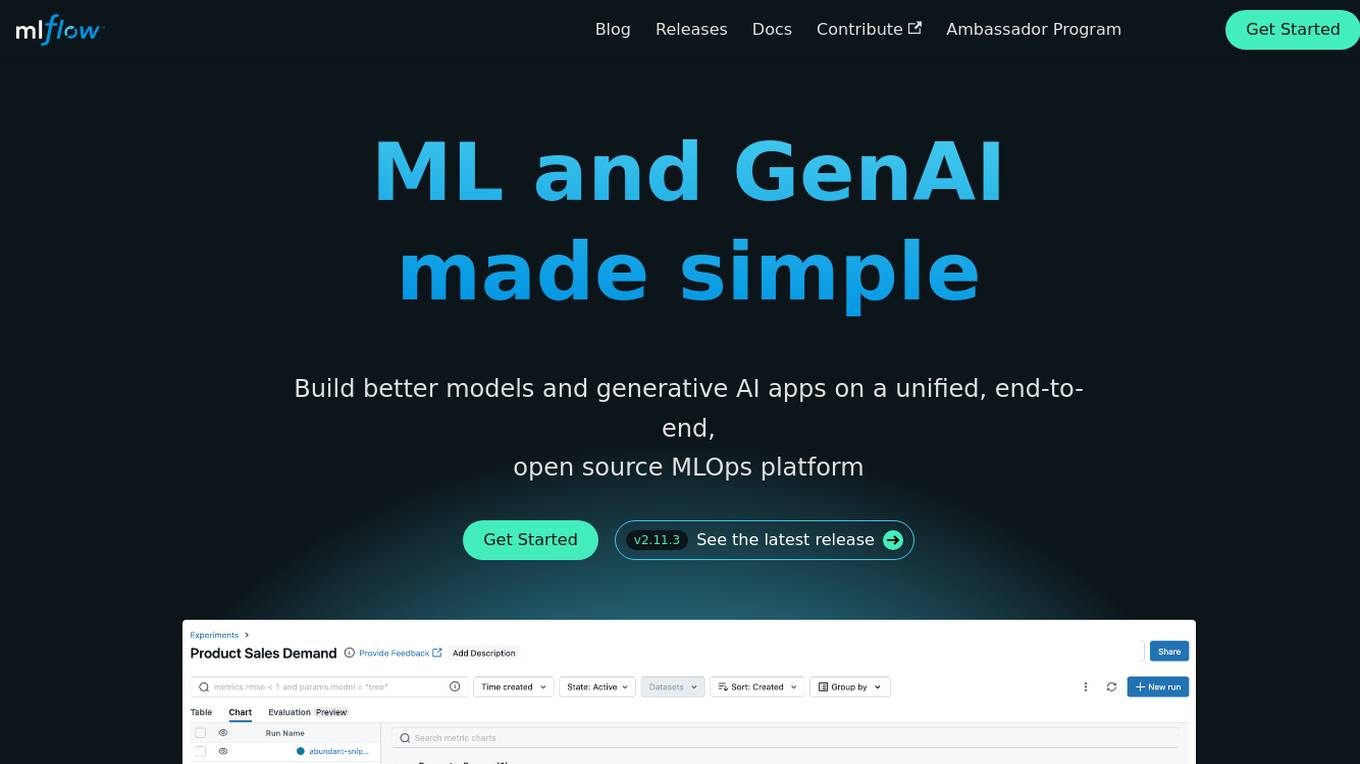
MLflow
MLflow is an open source platform for managing the end-to-end machine learning (ML) lifecycle, including tracking experiments, packaging models, deploying models, and managing model registries. It provides a unified platform for both traditional ML and generative AI applications.
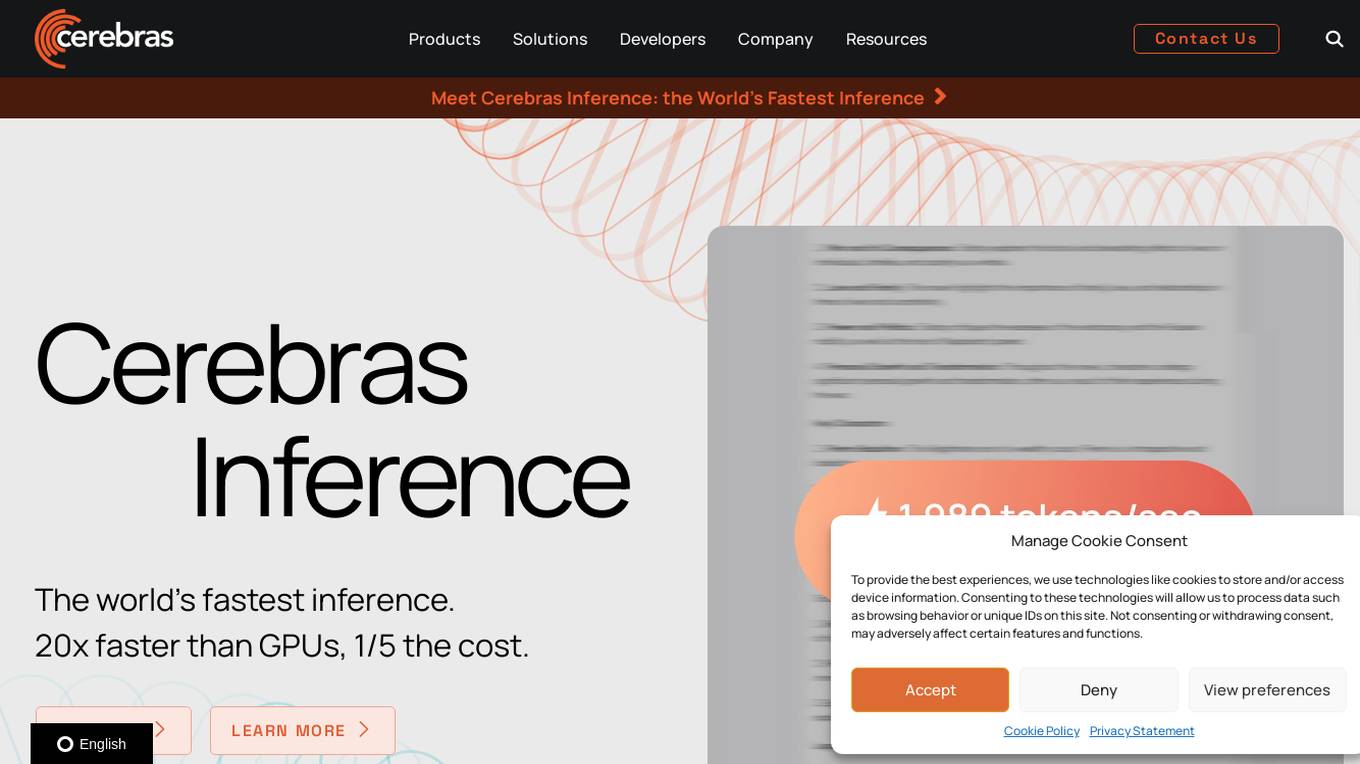
Cerebras
Cerebras is an AI tool that offers products and services related to AI supercomputers, cloud system processors, and applications for various industries. It provides high-performance computing solutions, including large language models, and caters to sectors such as health, energy, government, scientific computing, and financial services. Cerebras specializes in AI model services, offering state-of-the-art models and training services for tasks like multi-lingual chatbots and DNA sequence prediction. The platform also features the Cerebras Model Zoo, an open-source repository of AI models for developers and researchers.
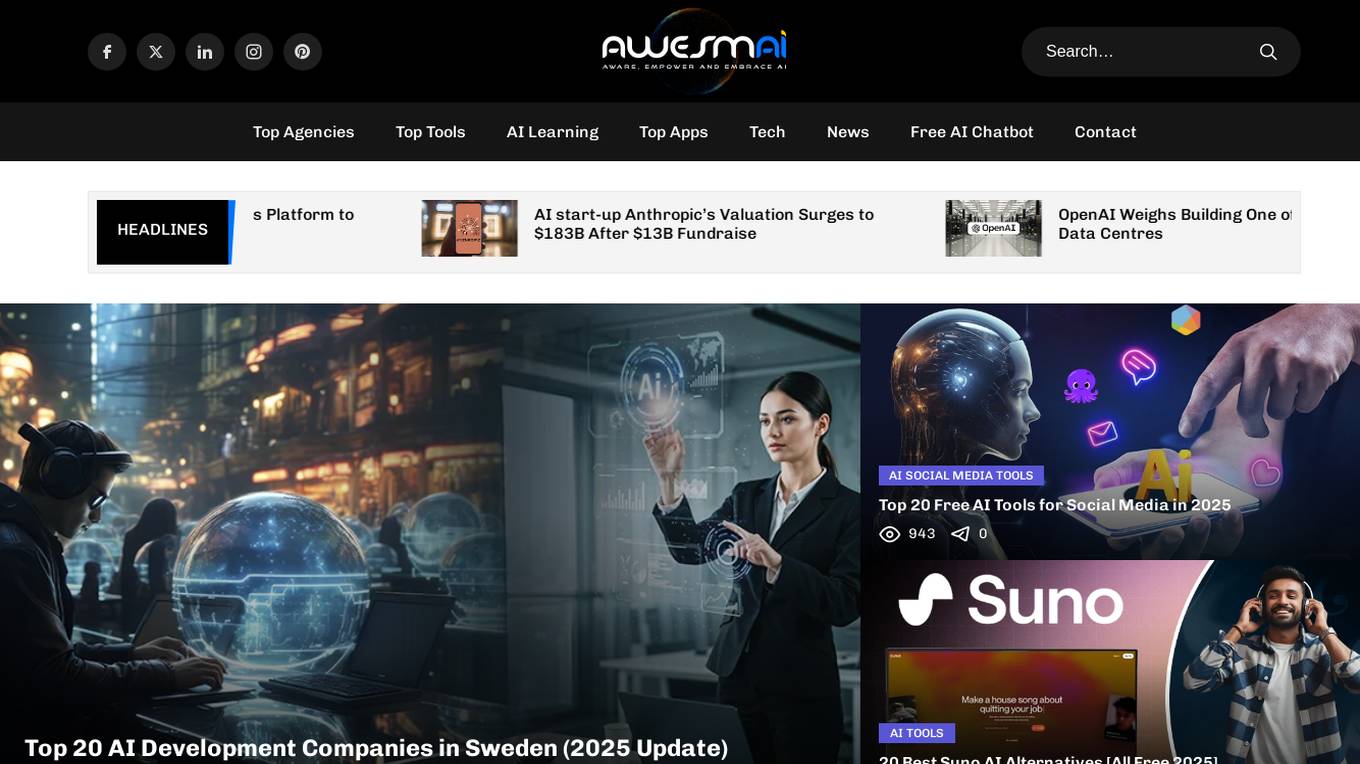
Awesm AI
Awesm AI is a cutting-edge AI platform that provides the latest insights on Artificial Intelligence. The platform offers a wide range of information on top agencies, tools, AI learning, apps, and tech news. Users can access free AI chatbot services and stay updated on the latest headlines in the AI industry. Awesm AI aims to empower users with valuable knowledge and resources in the field of Artificial Intelligence.
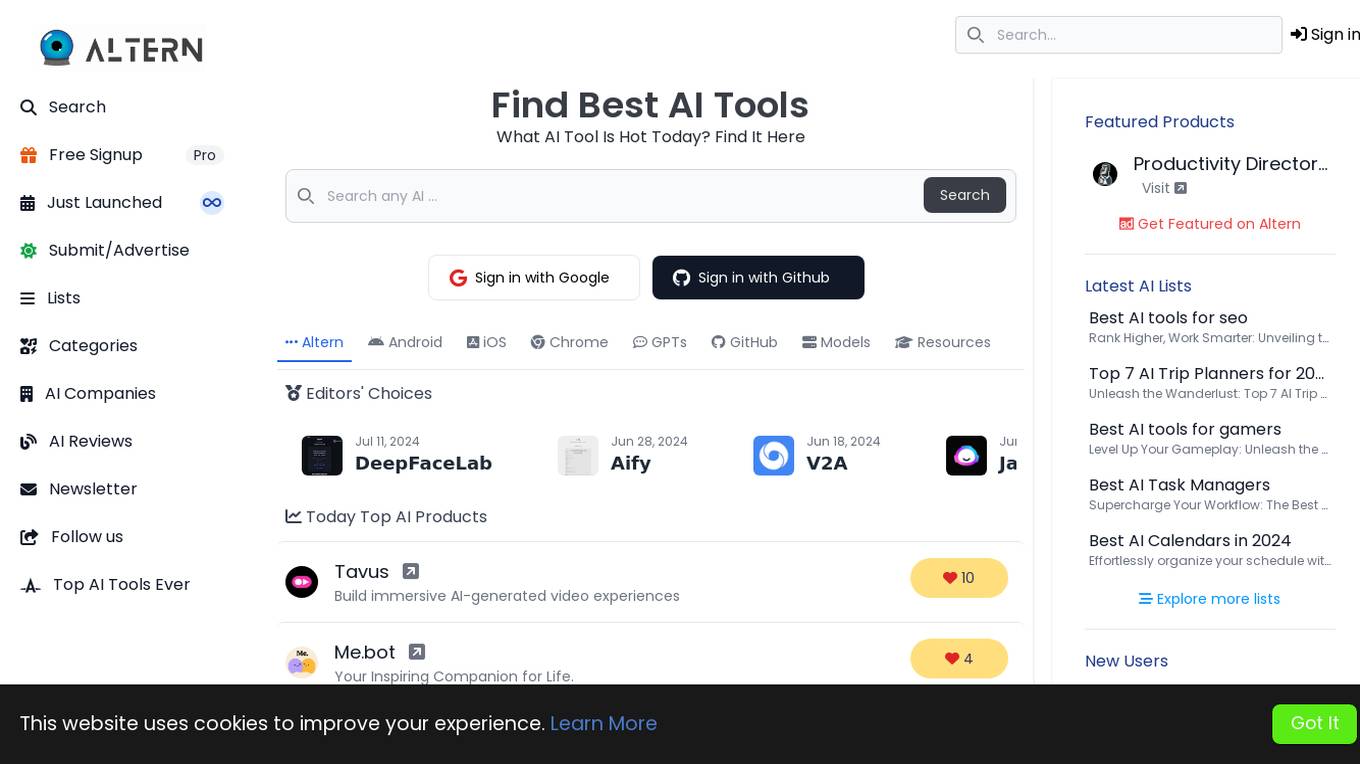
Altern
Altern is a platform where users can discover and share the latest tools, products, and resources related to artificial intelligence (AI). Users can sign up to join the community and access a wide range of AI tools, companies, reviews, and newsletters. The platform features a curated list of top AI tools and products, as well as user-generated content. Altern aims to connect AI enthusiasts and professionals, providing a space for learning, collaboration, and innovation in the field of AI.

Rosebud
Rosebud is an AI-powered game development platform that allows users to play and create games with ease. The platform leverages artificial intelligence to provide innovative tools and features for game development enthusiasts. With Rosebud, users can bring their game ideas to life, explore creative possibilities, and engage in a vibrant gaming community. Whether you are a beginner or an experienced developer, Rosebud offers a user-friendly interface and advanced functionalities to support your game creation journey.

Just Walk Out technology
Just Walk Out technology is a checkout-free shopping experience that allows customers to enter a store, grab whatever they want, and quickly get back to their day, without having to wait in a checkout line or stop at a cashier. The technology uses camera vision and sensor fusion, or RFID technology which allows them to simply walk away with their items. Just Walk Out technology is designed to increase revenue with cost-optimized technology, maximize space productivity, increase throughput, optimize operational costs, and improve shopper loyalty.
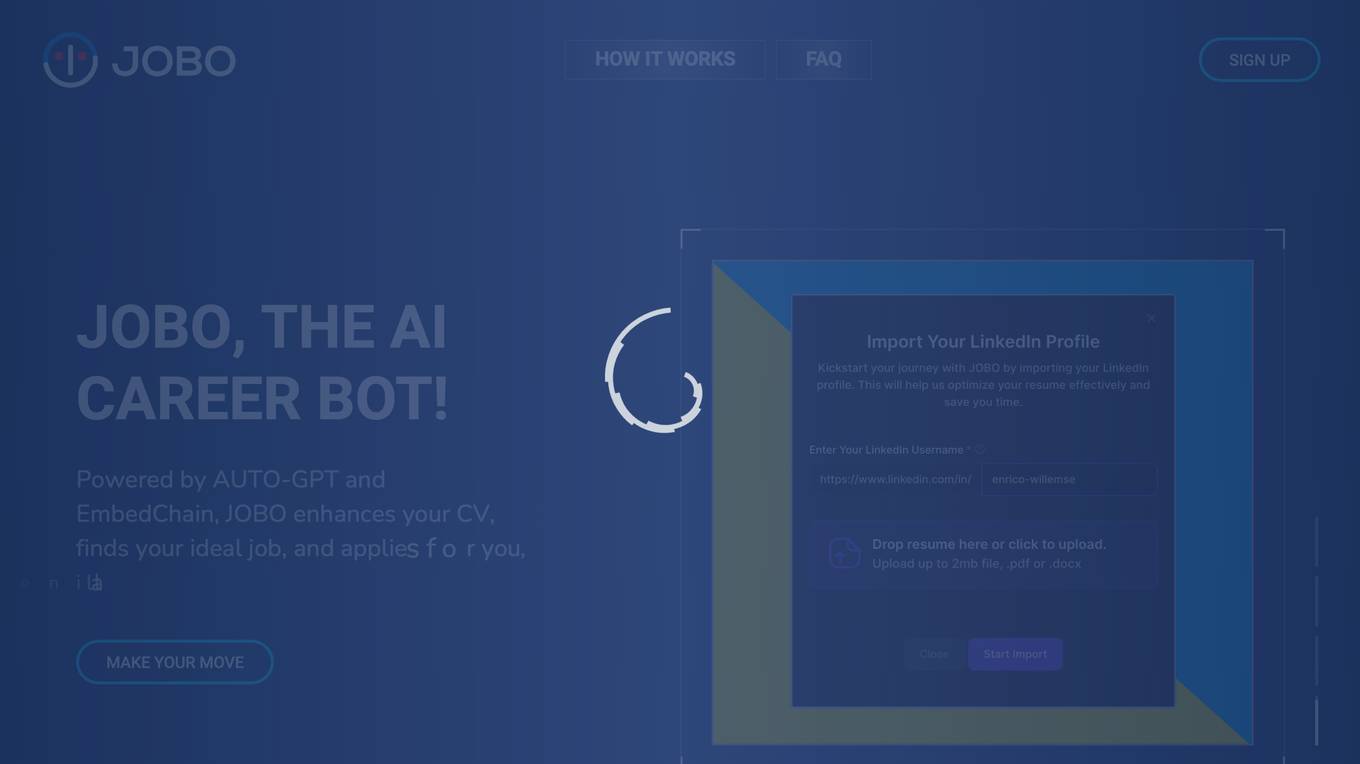
Jobo
Jobo is an AI-powered career assistant that helps you find your ideal job, enhance your resume, and apply for jobs, all in one go. It uses OpenAI's technology to personalize and optimize your job search, making it easier for you to land your dream job.
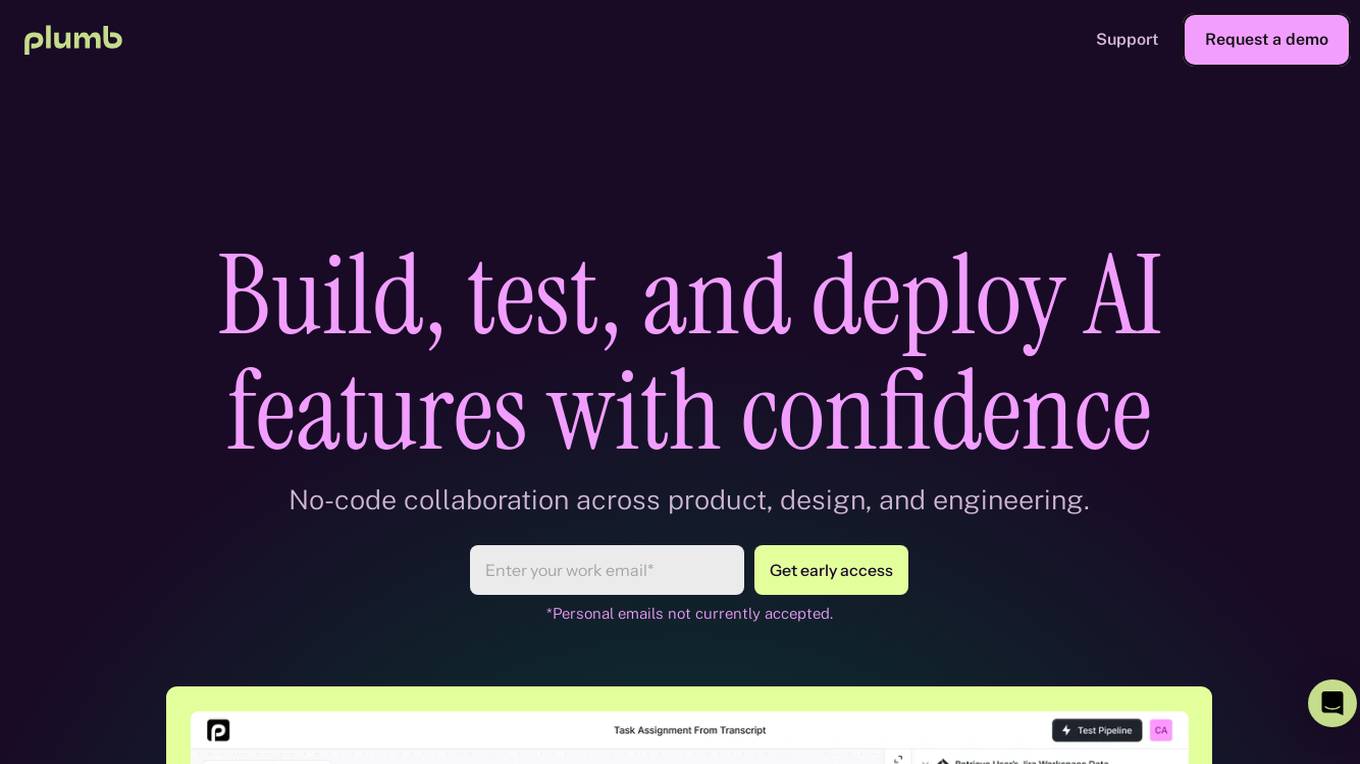
Plumb
Plumb is a no-code, node-based builder that empowers product, design, and engineering teams to create AI features together. It enables users to build, test, and deploy AI features with confidence, fostering collaboration across different disciplines. With Plumb, teams can ship prototypes directly to production, ensuring that the best prompts from the playground are the exact versions that go to production. It goes beyond automation, allowing users to build complex multi-tenant pipelines, transform data, and leverage validated JSON schema to create reliable, high-quality AI features that deliver real value to users. Plumb also makes it easy to compare prompt and model performance, enabling users to spot degradations, debug them, and ship fixes quickly. It is designed for SaaS teams, helping ambitious product teams collaborate to deliver state-of-the-art AI-powered experiences to their users at scale.
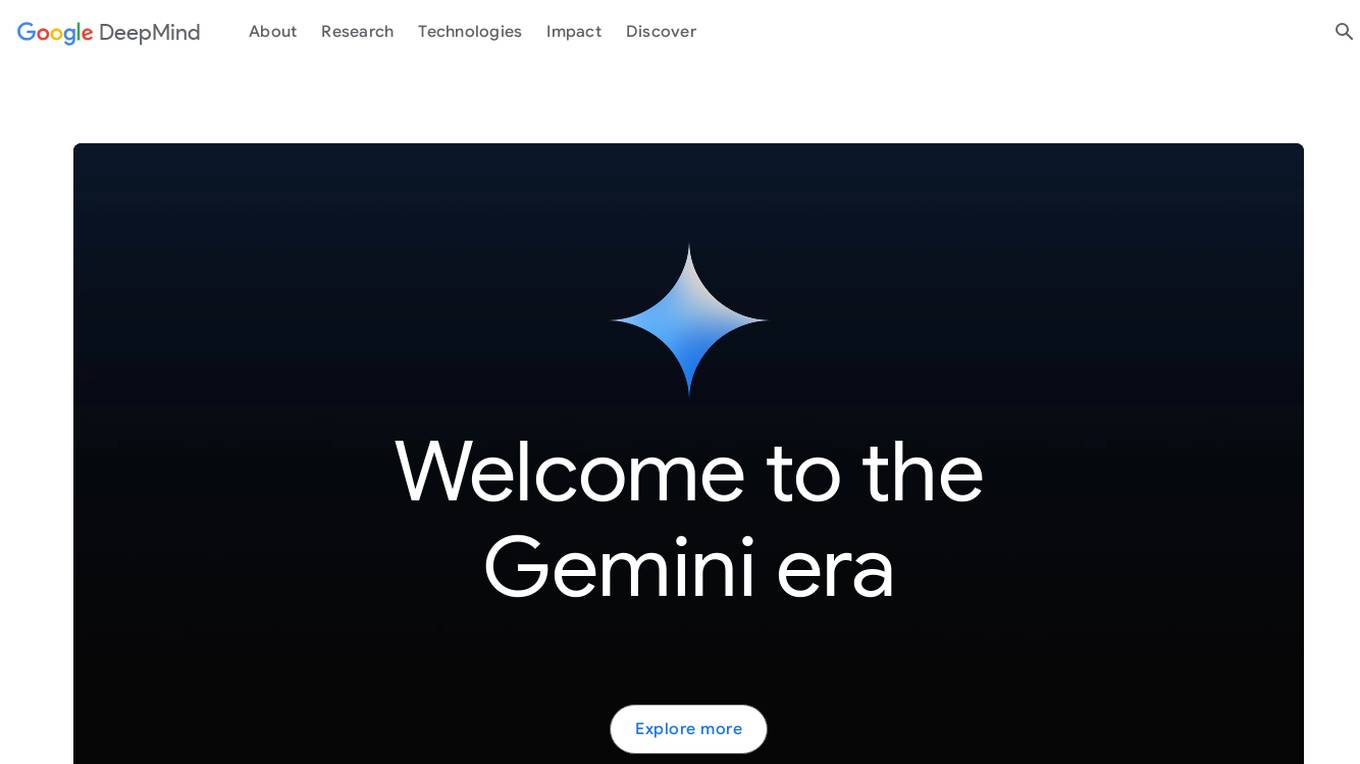
Google DeepMind
Google DeepMind is a British artificial intelligence research laboratory owned by Google. The company was founded in 2010 by Demis Hassabis, Shane Legg, and Mustafa Suleyman. DeepMind's mission is to develop safe and beneficial artificial intelligence. The company's research focuses on a variety of topics, including machine learning, reinforcement learning, and computer vision. DeepMind has made significant contributions to the field of artificial intelligence, including the development of AlphaGo, the first computer program to defeat a professional human Go player.

N/A
The website is currently experiencing a server error and displays a message indicating that there is no content available at the moment. The application seems to have failed to respond, leading users to a dead end with the message 'Go to Railway'. It appears that the website is encountering technical difficulties and is unable to provide the intended content.
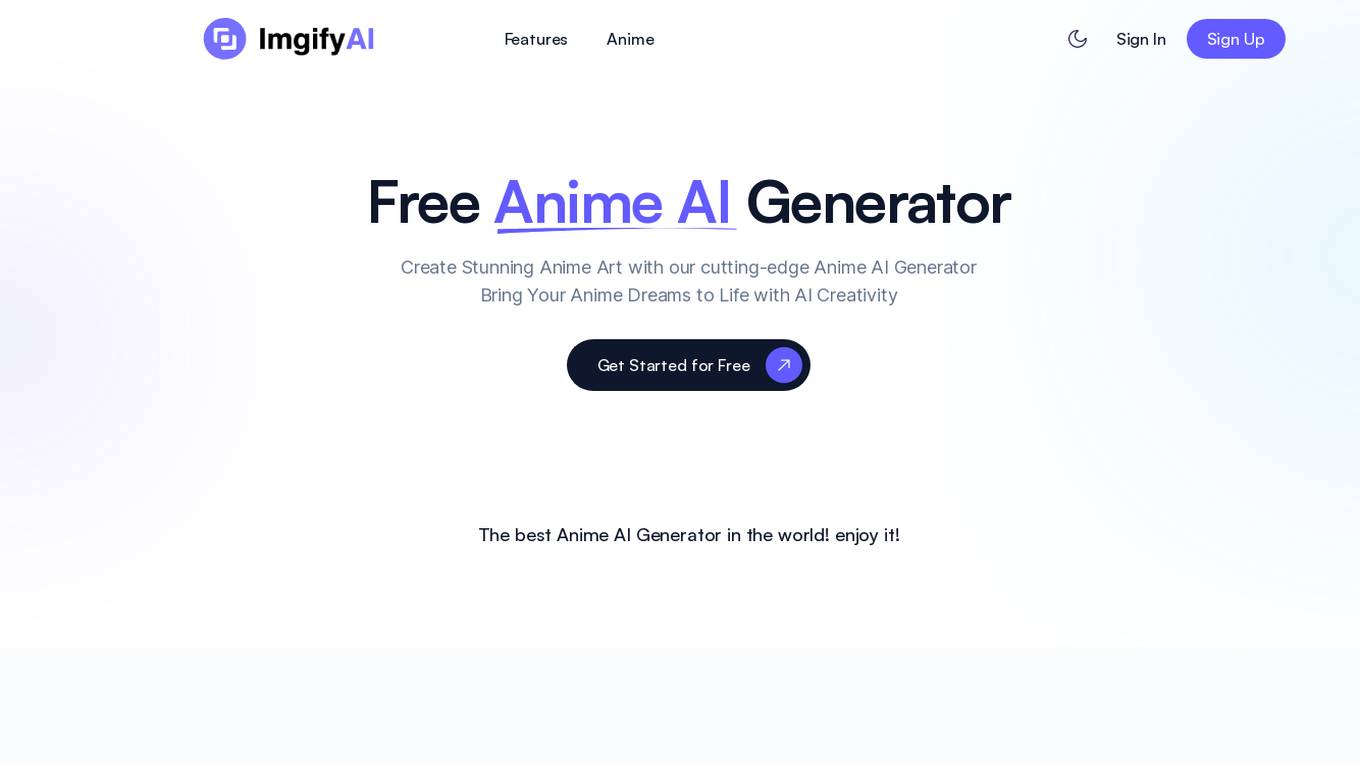
ImgifyAI
ImgifyAI is a cutting-edge Anime AI Generator that allows users to create stunning anime art effortlessly. With features like Text-to-Image and Image-to-Image generation, multiple anime-based models, and free cloud storage, ImgifyAI is the go-to tool for anime enthusiasts and creative professionals. Users can bring their anime dreams to life by describing characters, styles, and scenes, without the need for drawing skills. The application is loved by businesses worldwide for its speed, accuracy, and high-quality results, making it a game-changer in the world of anime art generation.
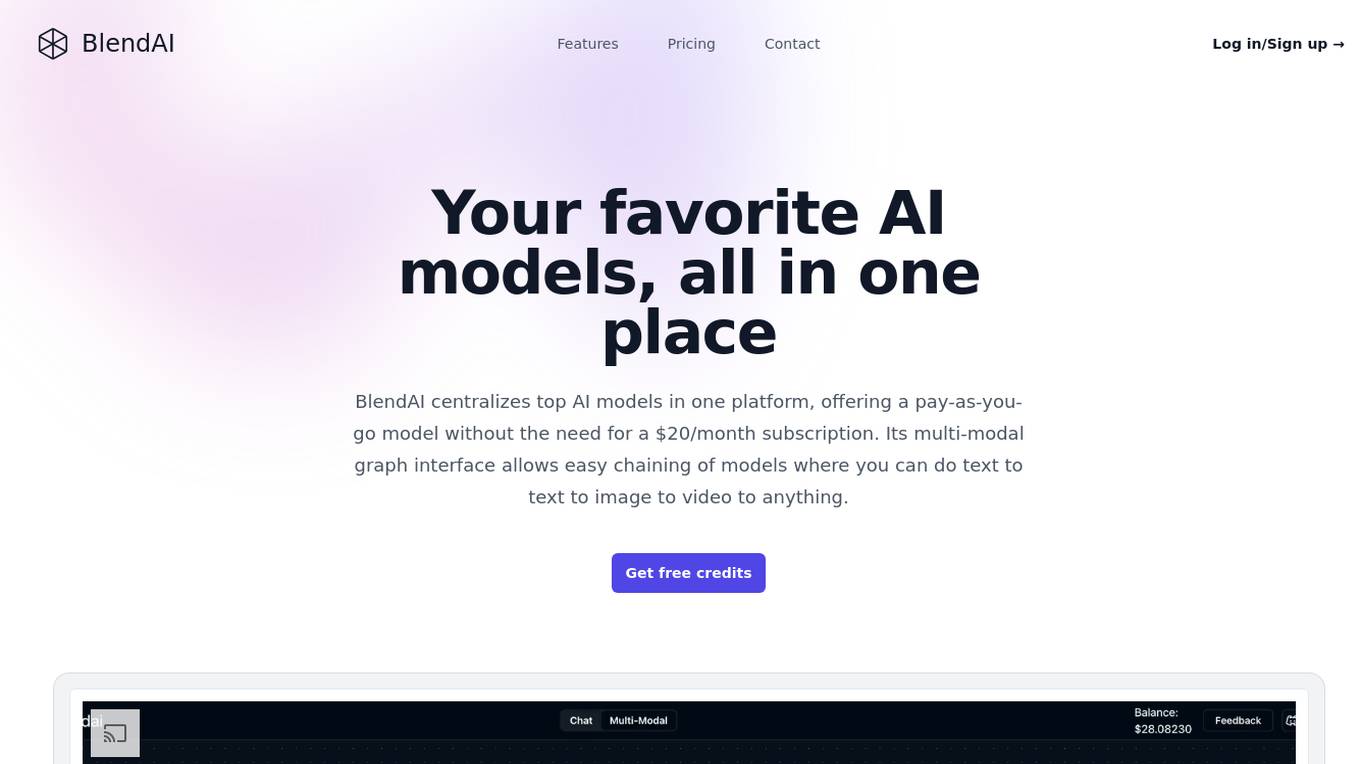
BlendAI
BlendAI is a platform that centralizes top AI models in one place, offering a pay-as-you-go model without the need for a monthly subscription. Its multi-modal graph interface allows easy chaining of models where you can do text to text to image to video to anything.
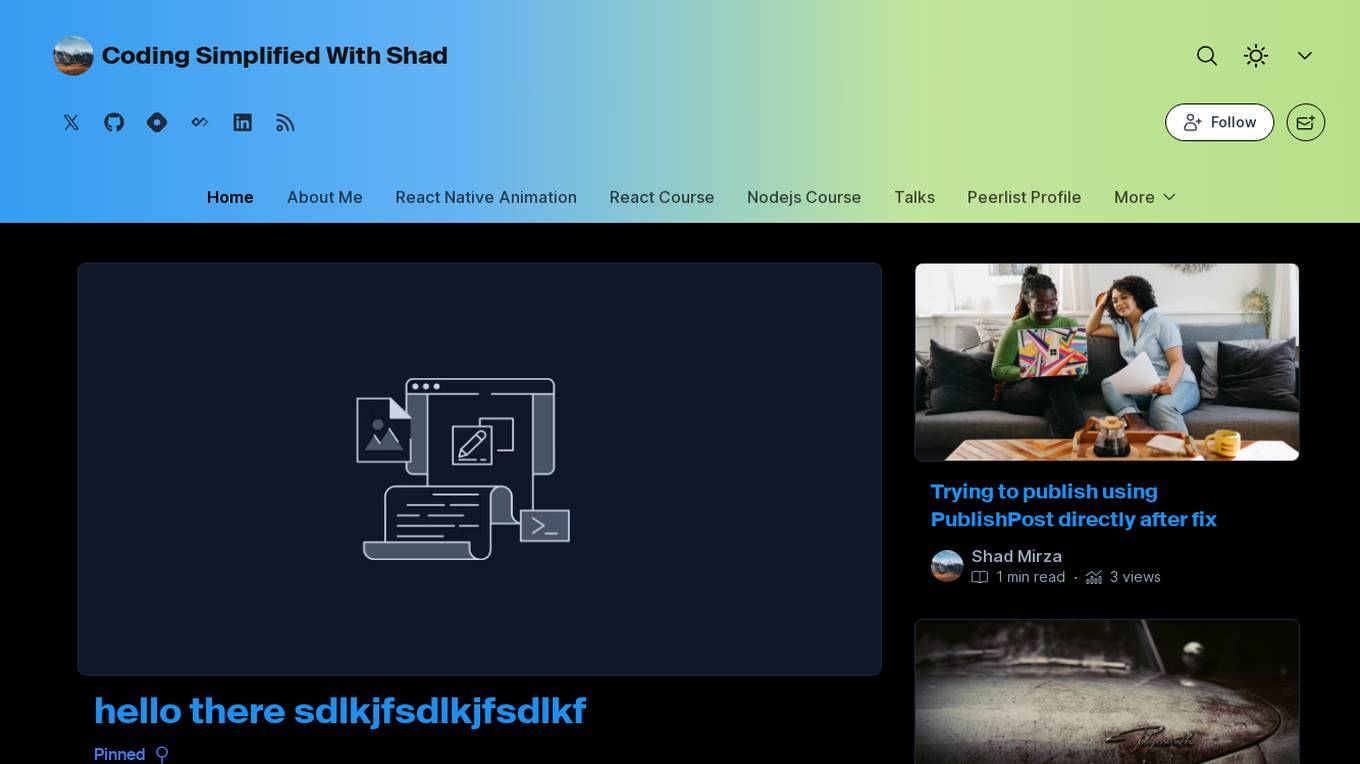
404 Error Page
The website is a simple error page indicating that the requested page is not found. It provides a message stating '404 - Not found' and 'Oops! Page not found'. The user is advised to go back home by clicking a link provided on the page.
0 - Open Source Tools
20 - OpenAI Gpts
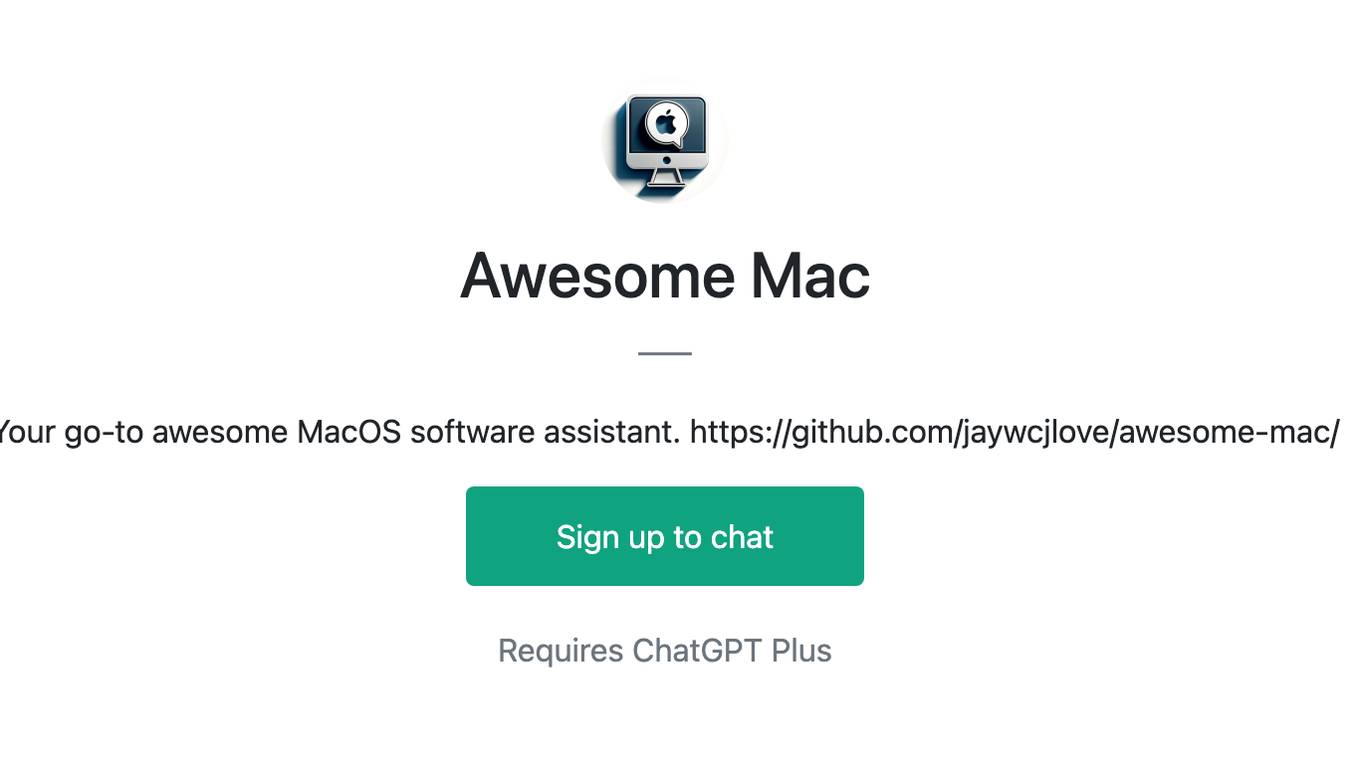
Awesome Mac
Your go-to awesome MacOS software assistant. https://github.com/jaywcjlove/awesome-mac/
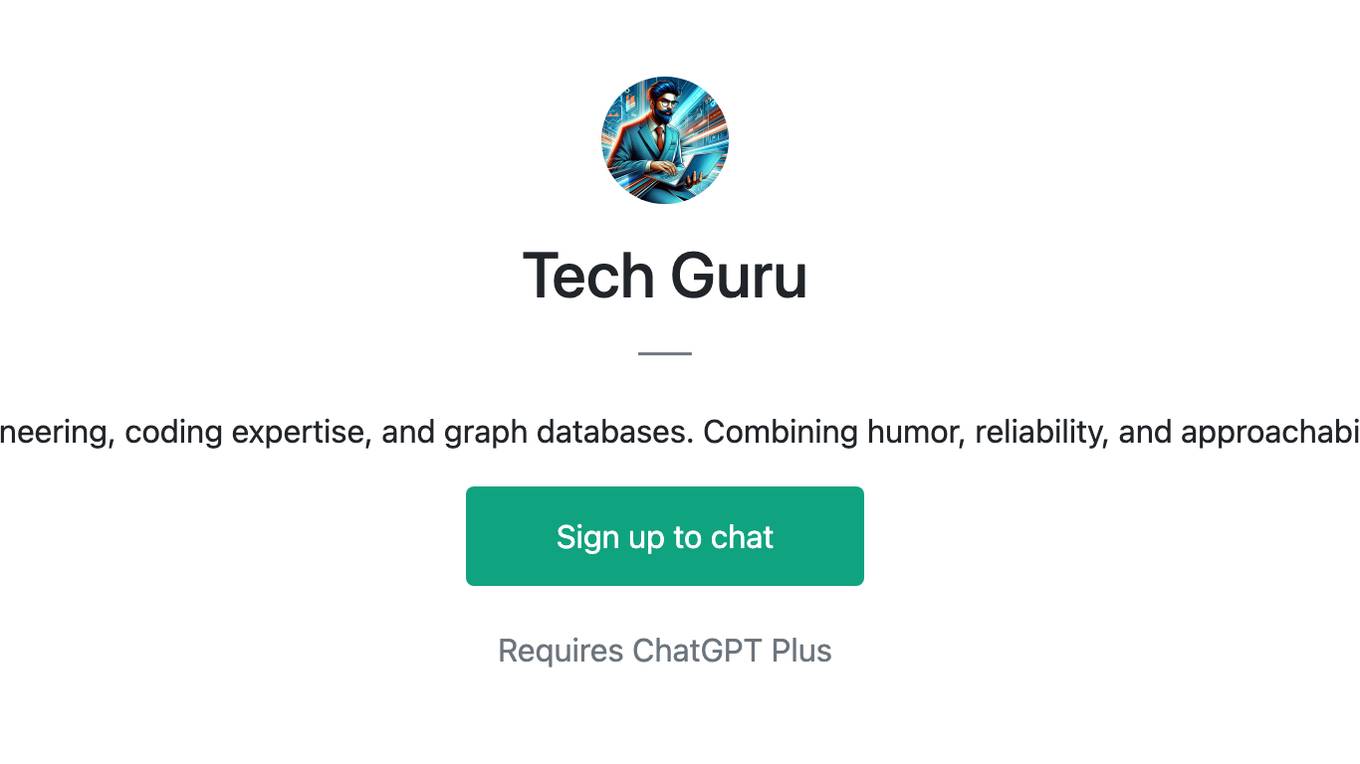
Tech Guru
Meet Tech Guru, your go-to AI for data engineering, coding expertise, and graph databases. Combining humor, reliability, and approachability to simplify tech with a personal touch.
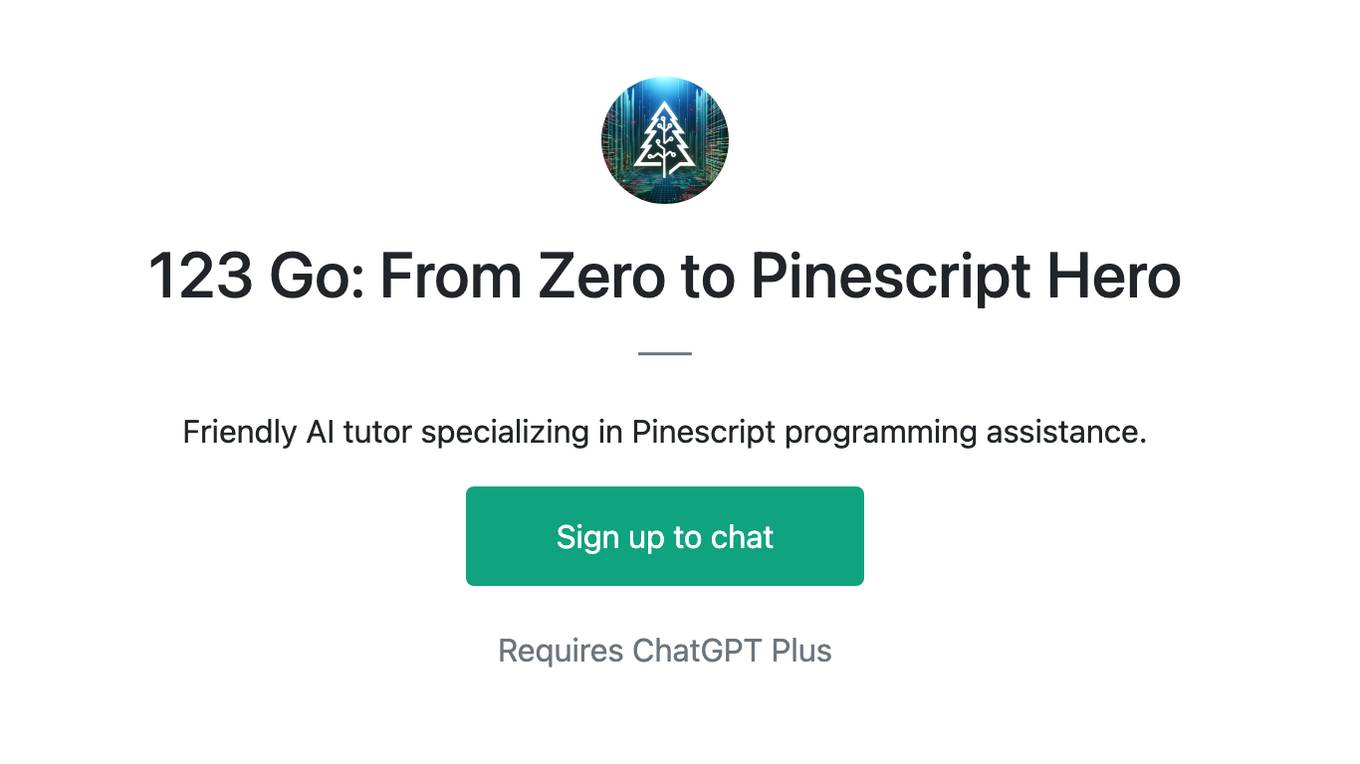
123 Go: From Zero to Pinescript Hero
Friendly AI tutor specializing in Pinescript programming assistance.

Where can I go with my Aeroplan points?
Travel advisor for Aeroplan points. Tell the advisor how many points you have and it will tell you where you can go!
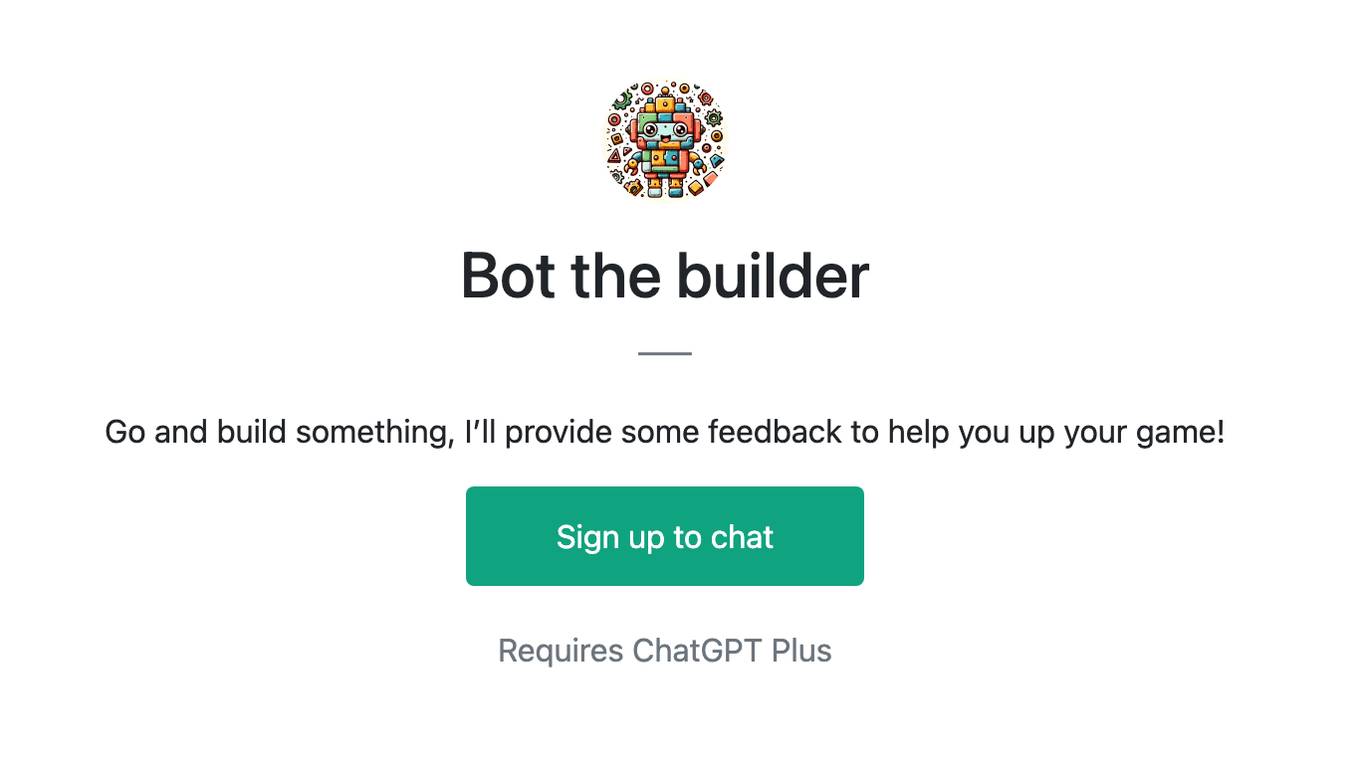
Bot the builder
Go and build something, I’ll provide some feedback to help you up your game!
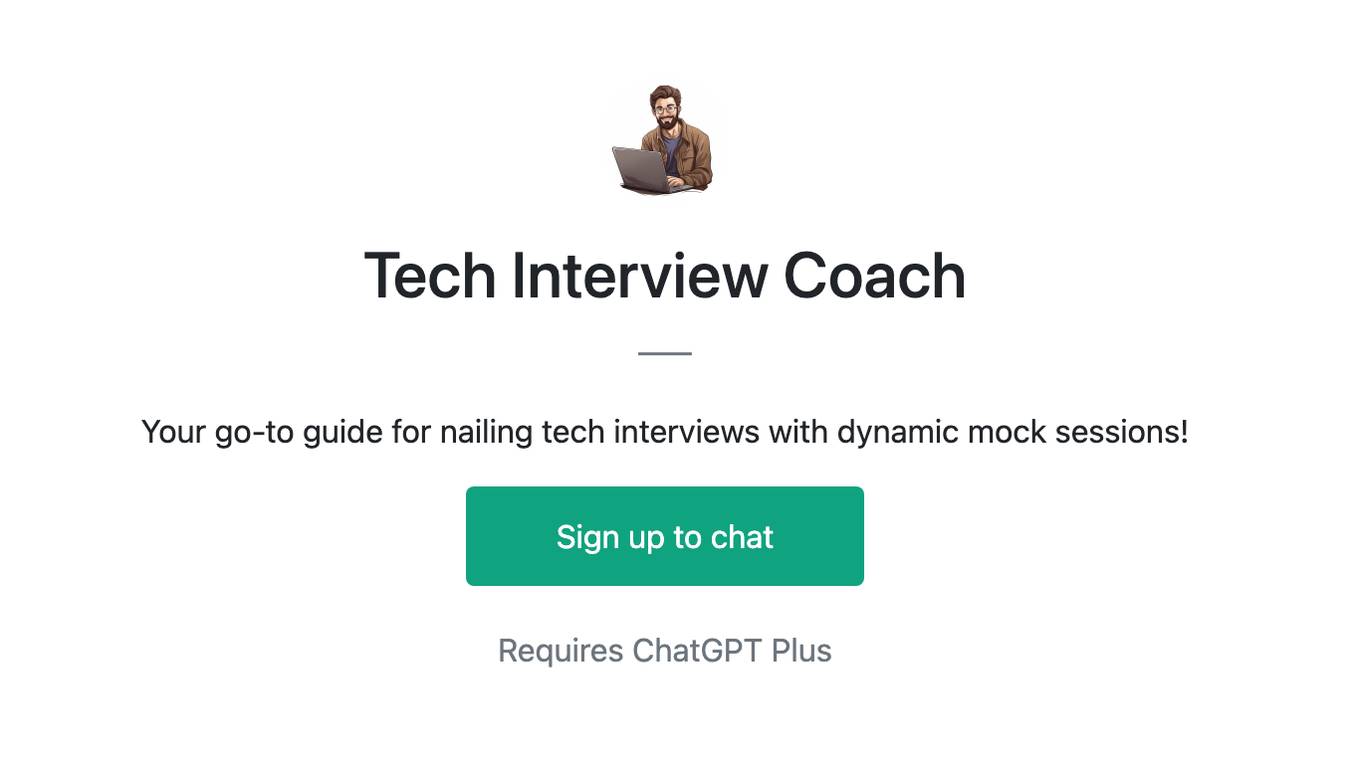
Tech Interview Coach
Your go-to guide for nailing tech interviews with dynamic mock sessions!
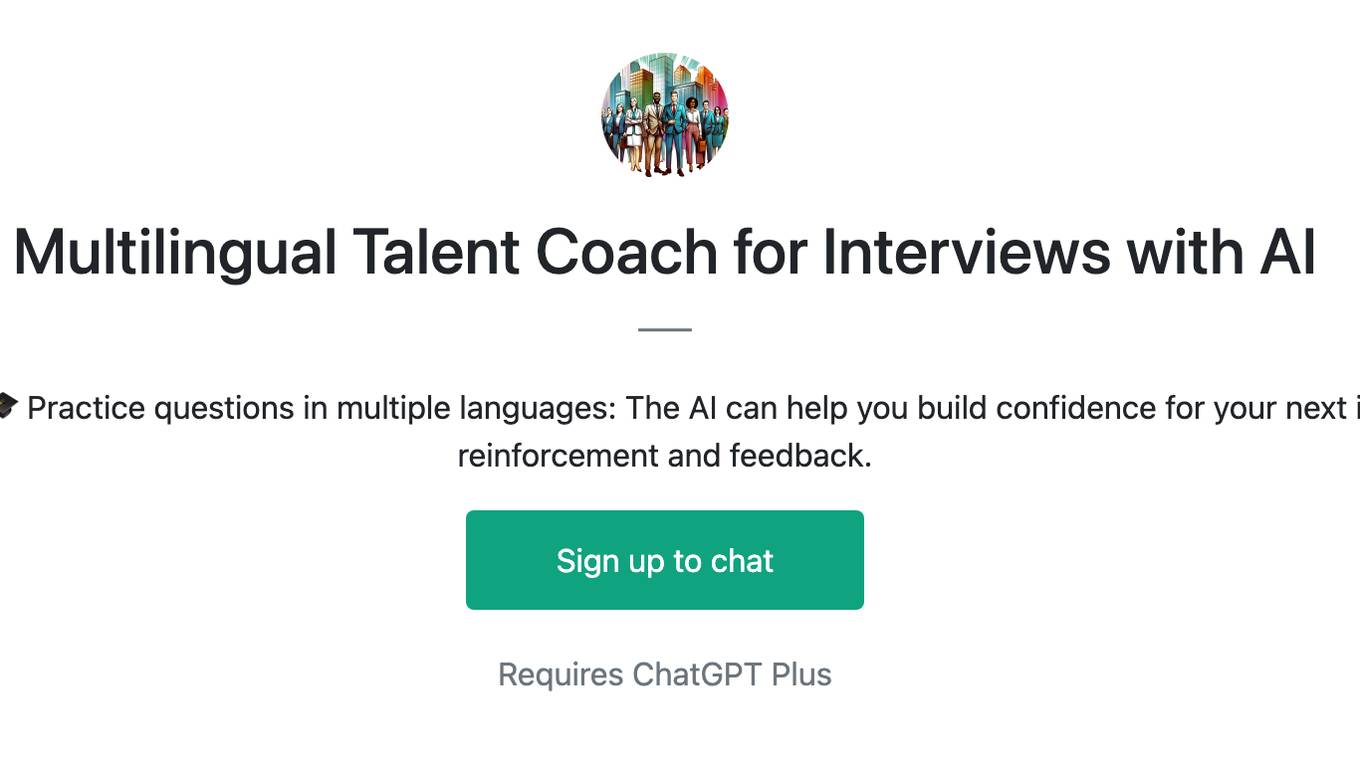
Multilingual Talent Coach for Interviews with AI
Your go-to coach for career growth 👨👩🎓 Practice questions in multiple languages: The AI can help you build confidence for your next interview by providing you with positive reinforcement and feedback.
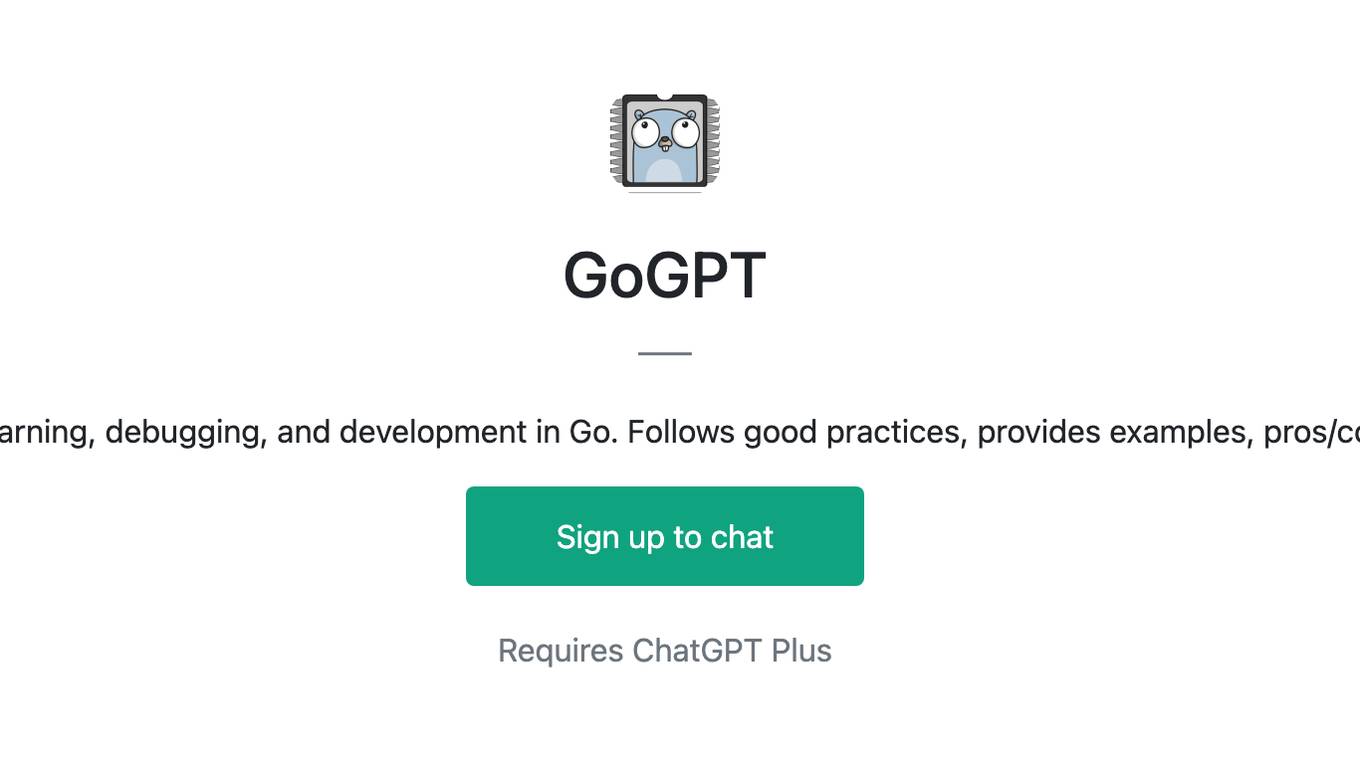
GoGPT
Custom GPT to help learning, debugging, and development in Go. Follows good practices, provides examples, pros/cons, and also pitfalls.
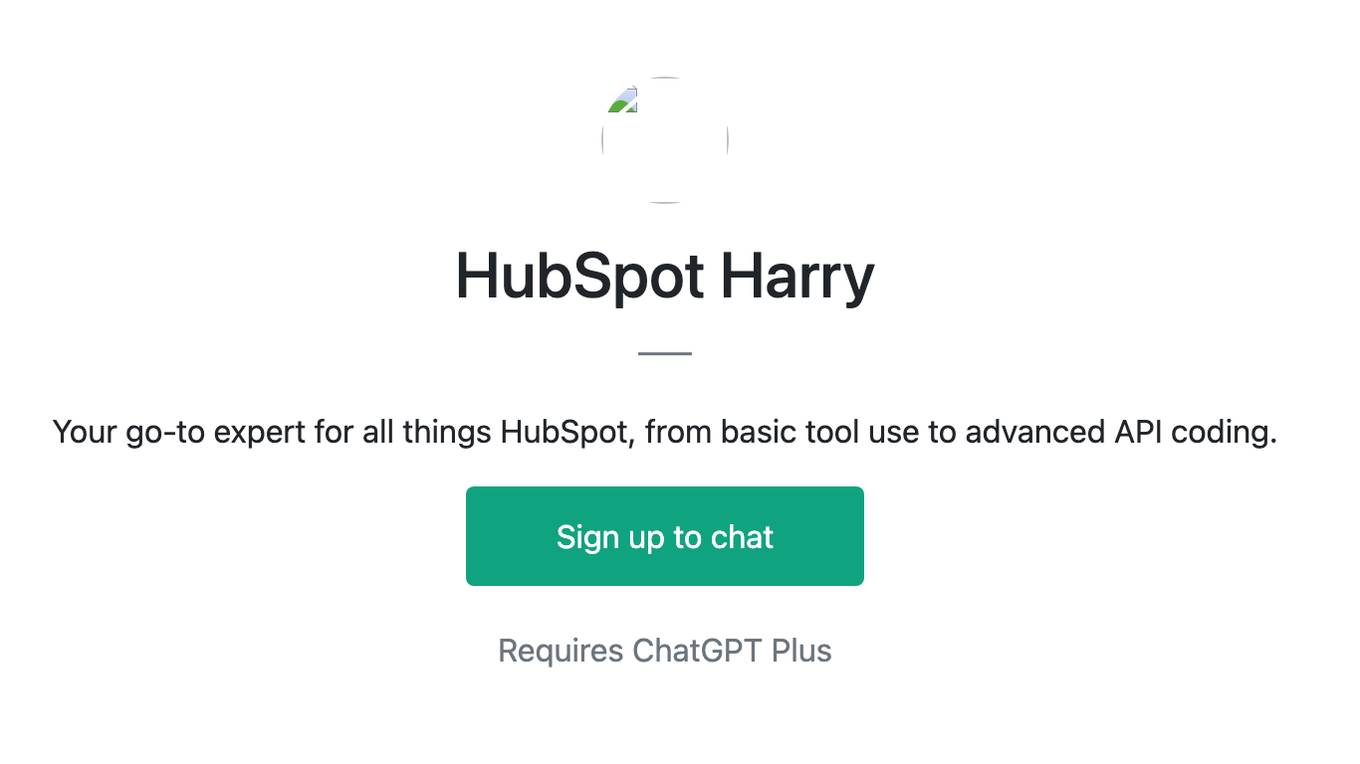
HubSpot Harry
Your go-to expert for all things HubSpot, from basic tool use to advanced API coding.
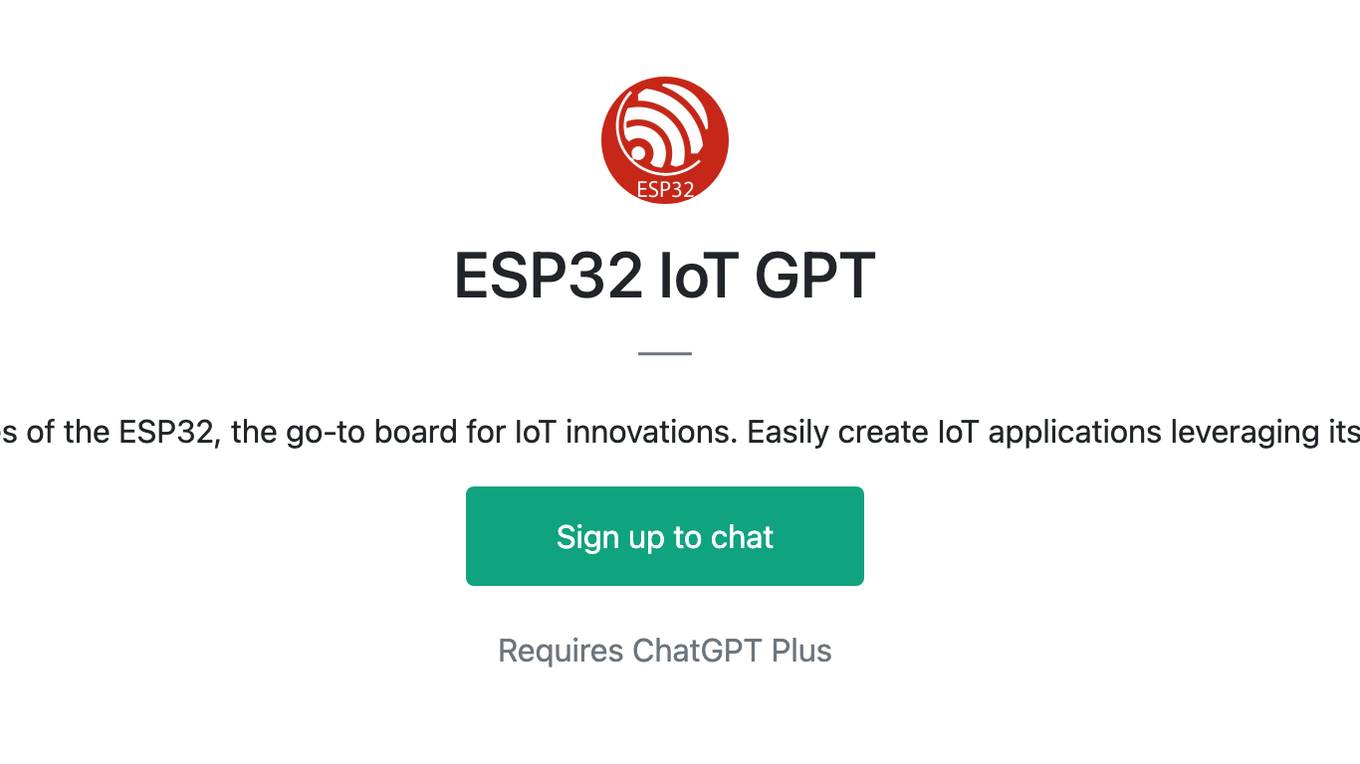
ESP32 IoT GPT
Discover the versatile capabilities of the ESP32, the go-to board for IoT innovations. Easily create IoT applications leveraging its Wi-Fi and BLE functionalities.
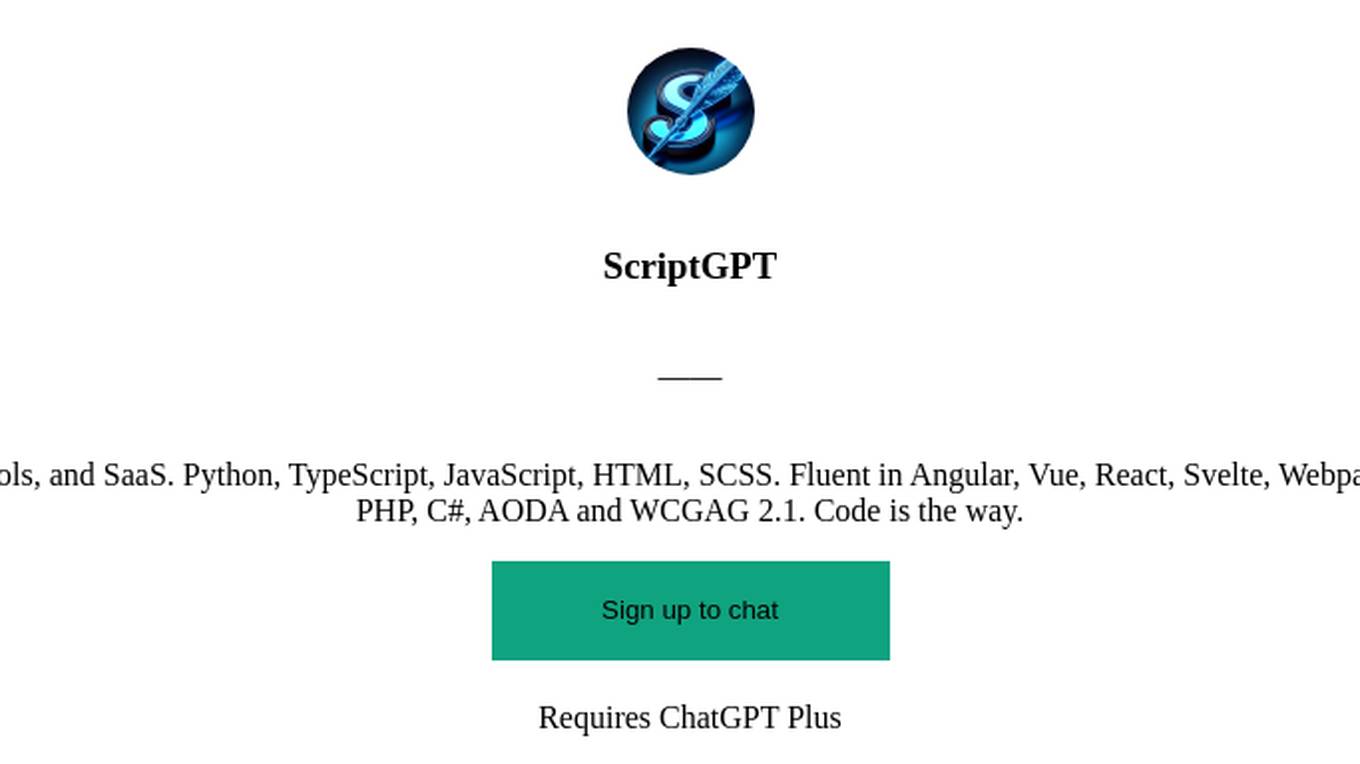
ScriptGPT
Specializing in Web Development, Apps, Dev Tools, and SaaS. Python, TypeScript, JavaScript, HTML, SCSS. Fluent in Angular, Vue, React, Svelte, Webpack, Vite, Vercel, Next, Nuxt, SvelteKit, Node, GO, PHP, C#, AODA and WCGAG 2.1. Code is the way.

